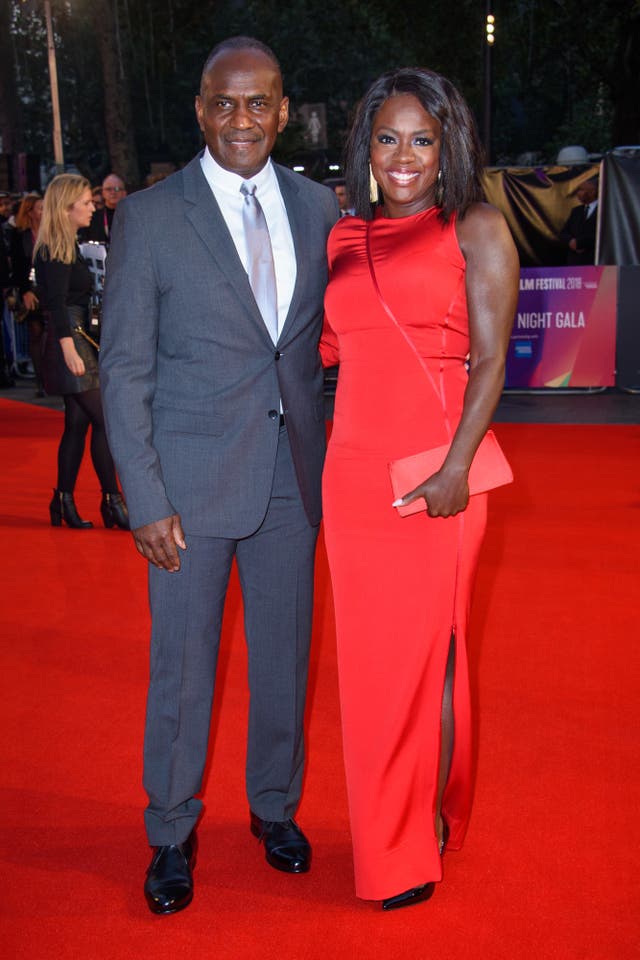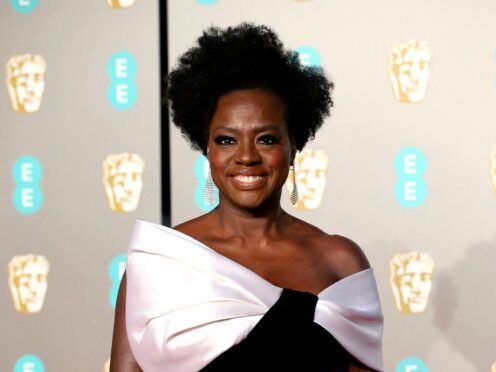Viola Davis has said growing up in poverty has given her more compassion and allowed her to “see the other side of life” from the Hollywood glamour.
The Oscar-winning actress, 56, grew up in the town of Central Falls, Rhode Island, where her family often had no hot water, gas or electricity and rats would roam the building.
Davis, who has gone on to win top awards for stage and screen during her career, said acting has been a “healing wellspring” in her life.

The actress told The Guardian’s Saturday magazine: “I have an understanding of poverty that probably a lot of people don’t, so I don’t romanticise it.
“I know what deprivation feels like, and the most important thing that it gave me is compassion.
“There is something about knowing the road, and having it hard, and being baptised by fire, that you begin to really have a true awareness of what it means for people who live in poverty, and how difficult or impossible it is to get out.
“It’s made me see the other side of life, as opposed to just sitting at a cocktail party talking about poverty the same way – I mean, I don’t know, the same way you would talk about a Picasso painting. I have a front row seat.”
Davis explained that she had reflected on her past during lockdown and documented her thoughts in her new memoir Finding Me.
She said: “In order to break generational curses, you have to become aware yourself, accountable yourself, and share your stories to the generation coming behind you.
“I think that’s one of the reasons why we work so hard. It’s motivated by trauma, and it’s motivated by the fact that if we stop, then somehow we’re not worthy. That’s not true. You’re worthy. You were worthy when you were born.”
The actress noted that others are “waking up to agency and autonomy” in the entertainment industry and taking matters into their own hands to create more diverse storylines and productions.
Davis and her husband Julius Tennon have now founded a production company, JuVee Productions, to help create their own roles and narratives.
The company has a number of projects in the works including the upcoming film The First Lady, in which Davis plays Michelle Obama.
The actress admitted she was “terrified” about what Mrs Obama would think of her portrayal, and said she watched the former US first lady’s documentary Becoming at least 22 times in preparation.
She added: “Here’s the thing about Michelle Obama, which is very different from me, different from a lot of people: she’s healthy.
“She’s a healthy human being because she grew up in an environment where she always felt seen, always felt worthy.
“Maybe because I’ve been with a lot of artists in my life, a lot of people who’ve been traumatised, including myself, it’s very interesting to portray someone who literally is healthy.”
The First Lady will be on Paramount+ this summer.
